Seven years ago, three classmates at the Technical University of Munich believed their student engineering project might hold some promise in the private sector.
At the time, Daniel Metzler led a team of 40 students working on rocket engines and launching sounding rockets. Josef Fleischmann was on the team that won the first SpaceX Hyperloop competition. Together with another classmate, Markus Brandl, they crafted rocket parts in a campus workshop before taking the leap and establishing Isar Aerospace, named for the river running through the Bavarian capital.
Now, Isar's big moment has arrived. The company's orbital-class first rocket, named Spectrum, is set to lift off from a shoreline launch pad in Norway as soon as this week.
The daily three-hour launch window opens at 12:30 pm local time in Norway, or 7:30 am EDT in the United States. "The launch date remains subject to weather, safety and range infrastructure," Isar said in a statement. Isar scrubbed a launch attempt Monday due to high winds.
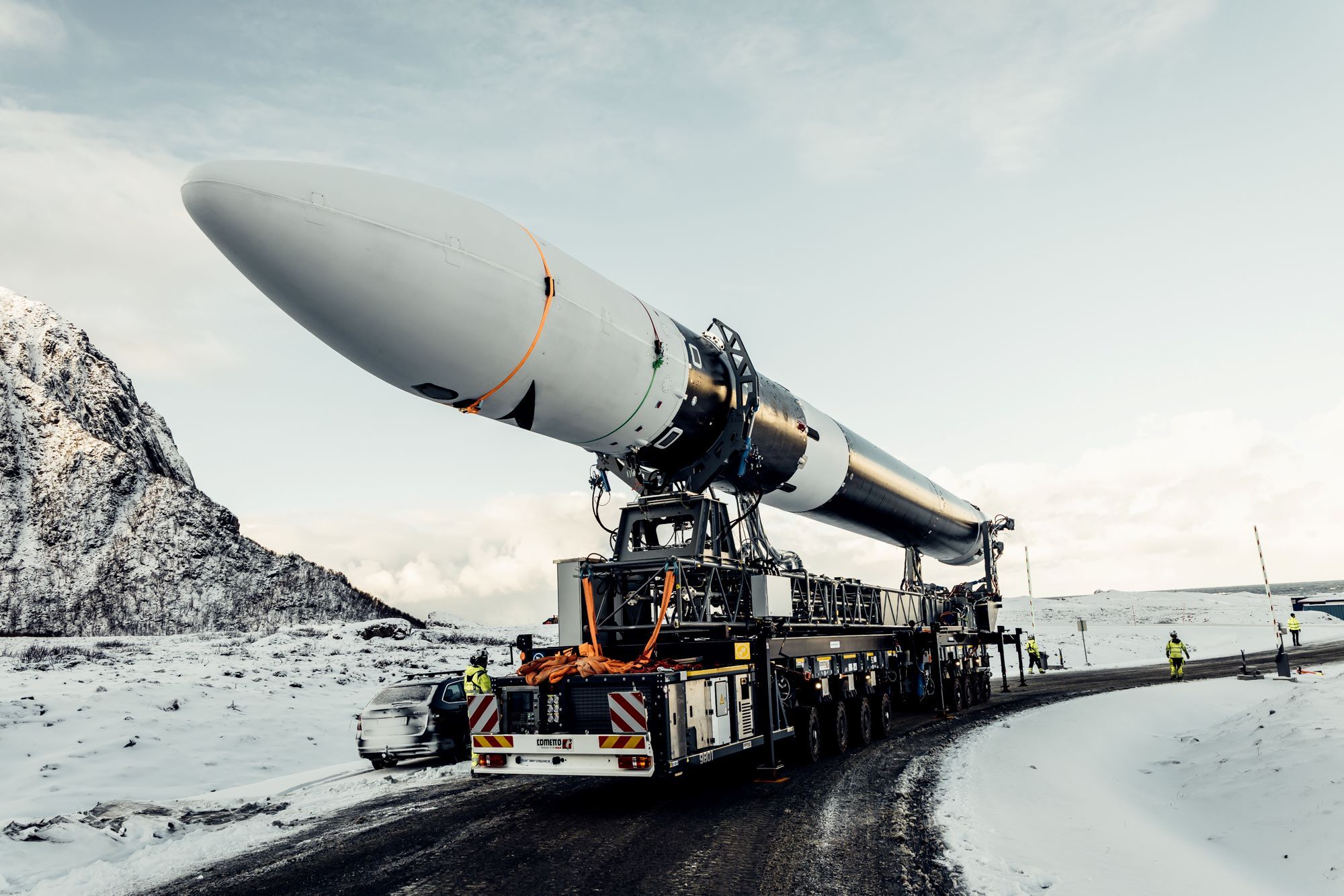
Isar said it received a launch license from the Norwegian Civil Aviation Authority on March 14, following the final qualification test on the Spectrum rocket in February to validate its readiness for flight.
Notably, this will be the first orbital launch attempt from a launch pad in Western Europe. The French-run Guiana Space Center in South America is the primary spaceport for European rockets. Virgin Orbit staged an airborne launch attempt from an airport in the United Kingdom in 2023, and the Plesetsk Cosmodrome is located in European Russia.
No guarantees
Success is never assured on the inaugural launch of a new rocket. Isar is the first in a wave of European launch startups to arrive at this point. The company developed the Spectrum rocket with mostly private funding, although Isar received multimillion-euro investments from the European Space Agency, the German government, and the NATO Innovation Fund.
All told, Isar says it has raised more than 400 million euros, or $435 million at today's currency exchange rate, more than any other European launch startup.
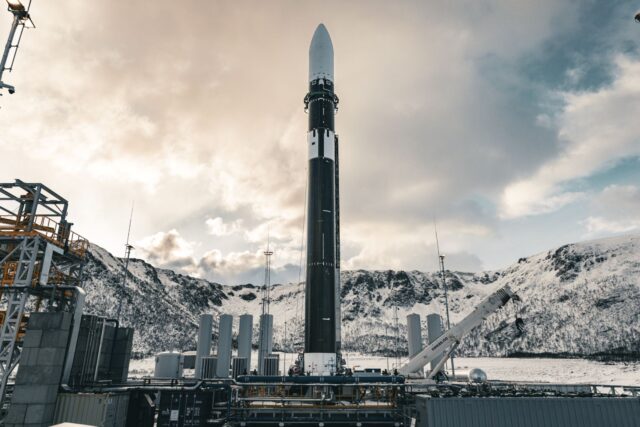
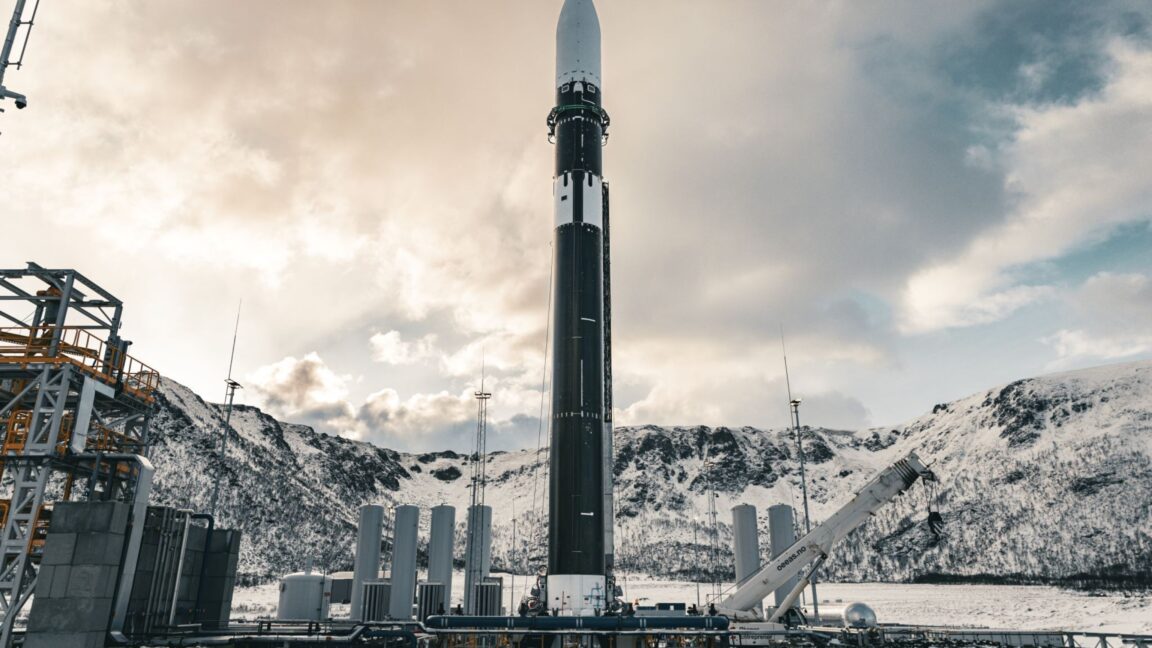
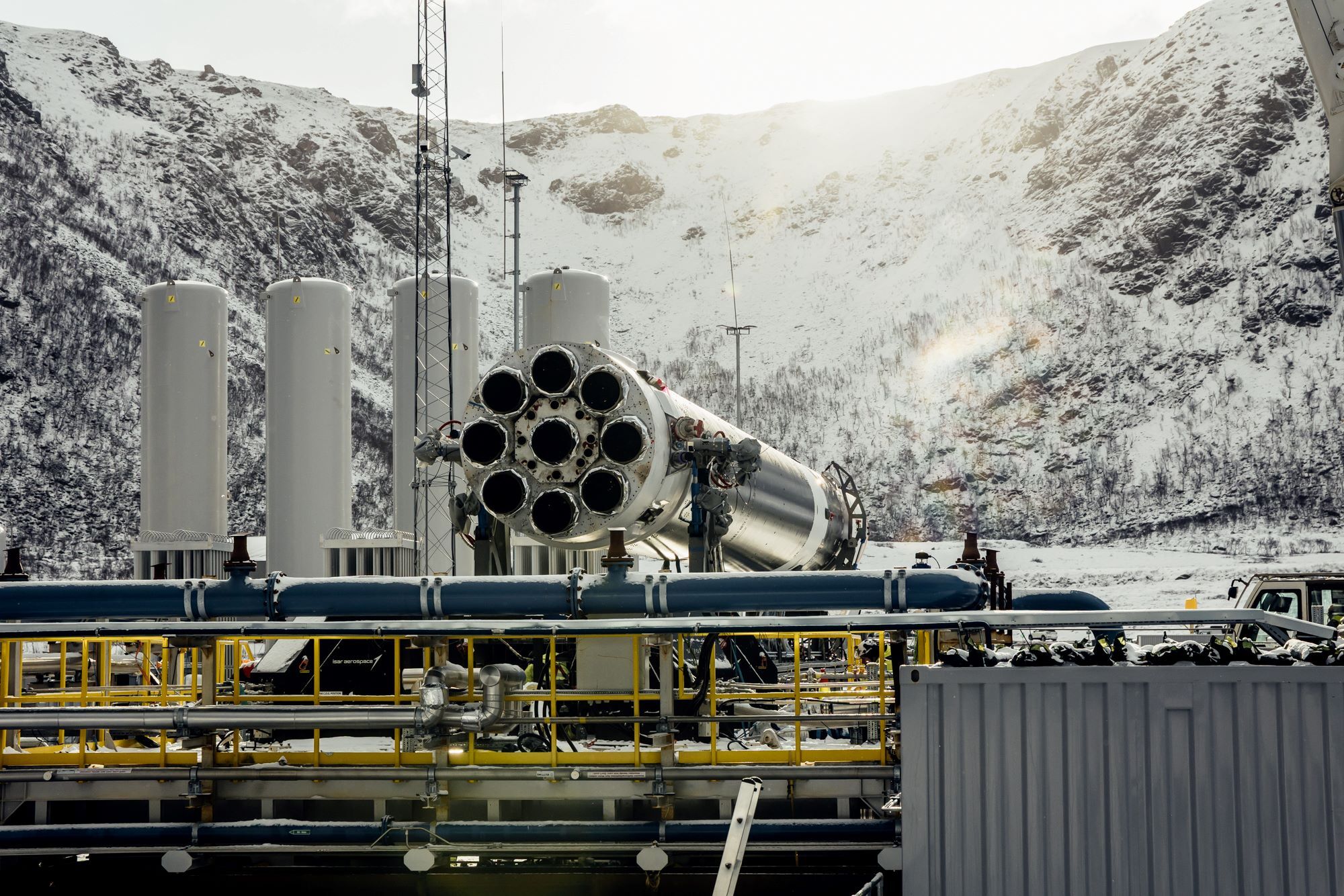
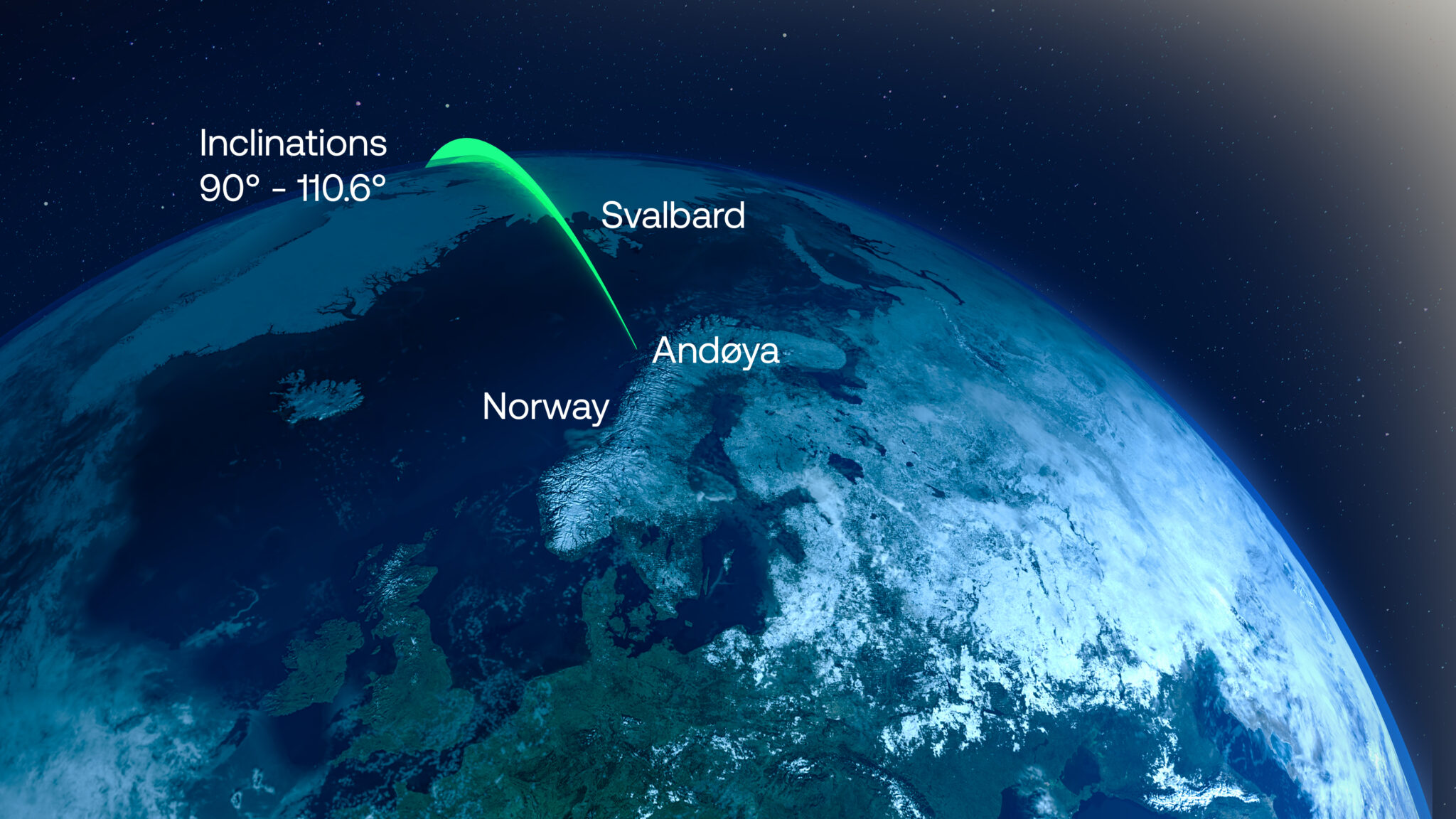
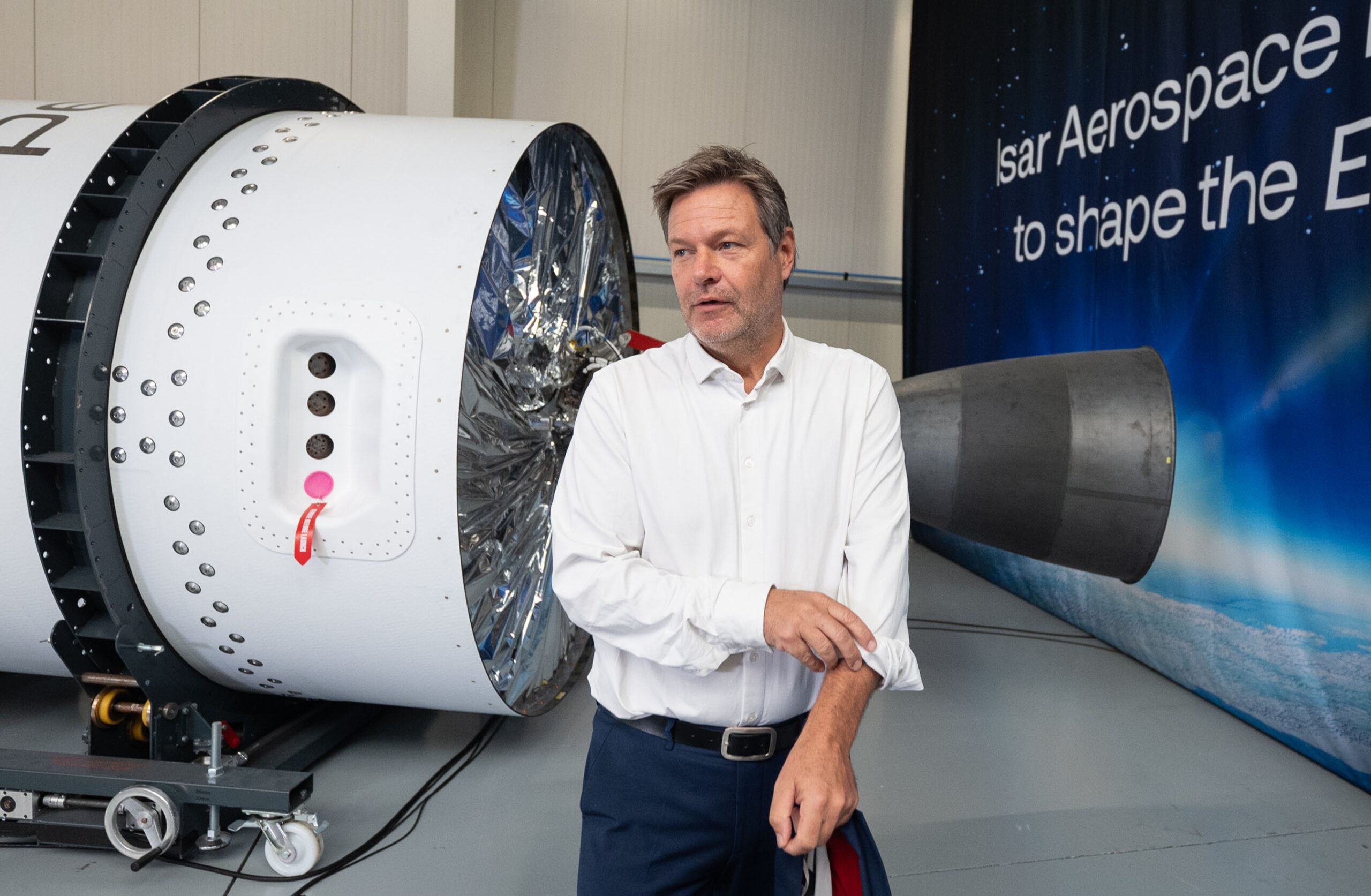

 Loading comments...
Loading comments...
